Upcoming Job Roles For Business Analysts
4.9 out of 5 based on 9584 votesLast updated on 21st Jun 2024 16.38K Views
- Bookmark

Upcoming Job Roles for Business Analysts Upcoming Job Roles for Business Analysts Upcoming Job Roles for Business Analysts

Introduction
The role of business analysts is rapidly evolving, driven by advancements in technology and shifting business landscapes. As companies strive to stay competitive, new and unique job roles for business analysts are emerging. The Business Analyst Certification Course provides the best industry-relevant skill development opportunities to help aspiring professionals land exciting jobs in this field. These roles leverage cutting-edge technologies like AI, IoT, and blockchain, and focus on areas such as sustainability, data privacy, and digital transformation.
This guide explores these innovative roles and the skills required to excel in them.
Upcoming Unique Job Roles for Business Analysts
The role of a business analyst (BA) is evolving rapidly with the advent of new technologies and business methodologies. The integration of artificial intelligence, machine learning, big data, and advanced analytics into business operations is driving this transformation. As businesses strive to remain competitive in a dynamic market, the need for specialized business analysts who can navigate and leverage these technologies is growing.
Here are some unique and emerging job roles for business analysts that are expected to gain prominence in the near future.
1. AI Business Analyst
Overview:
An AI Business Analyst specializes in leveraging artificial intelligence to drive business decisions. This role involves understanding AI technologies and integrating them into business processes to enhance efficiency and innovation.
Key Responsibilities:
- Identifying opportunities for AI implementation within business processes.
- Collaborating with data scientists and engineers to develop AI models.
- Analysing the impact of AI solutions on business performance.
- Ensuring AI initiatives align with business goals and strategies.
Skills Required:
- Strong understanding of AI and machine learning concepts.
- Strong proficiency in data analysis and ability to use statistical tools.
- Excellent problem-solving and critical-thinking skills.
- Ability to effectively communicate various complex AI concepts to the non-technical stakeholders.
2. Data Privacy Analyst
Overview:
With increasing data privacy regulations, the role of a Data Privacy Analyst is becoming crucial. This role focuses on ensuring that businesses comply with data protection laws and manage customer data responsibly.
Key Responsibilities:
- Conducting data privacy assessments and audits.
- Developing and implementing various data protection policies and procedures.
- Monitoring compliance with data privacy regulations such as GDPR and CCPA.
- Training employees on data privacy practices and regulations.
Skills Required:
- Having in-depth knowledge of data privacy laws and regulations.
- Experience with data protection technologies and practices.
- Strong analytical and research skills.
- Attention to detail and excellent organizational skills.
3. Blockchain Business Analyst
Overview:
As Blockchain technology gains traction across various industries, Blockchain Business Analysts are needed to explore its potential applications and benefits within businesses.
Key Responsibilities:
- Identifying business cases for blockchain implementation.
- Working with developers to design blockchain solutions.
- Analysing the impact of blockchain on business processes and operations.
- Staying updated on blockchain trends and advancements.
Skills Required:
- Understanding of blockchain technology and its applications.
- Ability to analyse and document business processes.
- Strong project management and analytical skills.
- Familiarity with blockchain platforms like Ethereum and Hyperledger.
4. Sustainability Business Analyst
Overview:
Sustainability Business Analysts focus on integrating sustainable practices into business operations. This role is essential as companies strive to meet environmental, social, and governance (ESG) goals. One can join the Business Analyst Certification Course for the best training and placement opportunities.
Key Responsibilities:
- Assessing the different environmental impact of various business activities.
- Developing sustainability strategies and initiatives.
- Measuring and reporting on sustainability performance.
- Collaborating with the stakeholders to promote sustainable practices.
Skills Required:
- Knowledge of sustainability principles and practices.
- Ability to analyse data related to environmental impact.
- Strong communication and collaboration skills.
- Understanding of ESG reporting frameworks.
You May Also Read These Posts:
Business Analyst Course Content
Business Analyst Course for Beginners
Business Analyst Interview Questions
How To Become Business Analyst
5. IoT Business Analyst
Overview:
Internet of Things (IoT) is revolutionizing the way businesses operate today. IoT Business Analysts focus on harnessing IoT technologies to improve efficiency, reduce costs, and create new business opportunities. One must consider joining Business Analyst Training for the best skill development.
Key Responsibilities:
- Identifying opportunities for IoT implementation.
- Collaborating with IT teams to develop IoT solutions.
- Analysing data generated by IoT devices to inform business decisions.
- Ensuring IoT initiatives align with business objectives.
Skills Required:
- Understanding of IoT technologies and applications.
- Proficiency in data analysis and interpretation.
- Strong problem-solving and critical-thinking skills.
- Ability to work with cross-functional teams.
6. Robotic Process Automation (RPA) Analyst
Overview:
RPA Analysts focus on automating repetitive tasks using robotic process automation technologies. This role is critical for businesses looking to improve efficiency and reduce operational costs.
Key Responsibilities:
- Identifying processes suitable for automation.
- Designing and implementing RPA solutions.
- Monitoring and maintaining RPA systems.
- Measuring the impact of RPA on business operations.
Skills Required:
- Strong knowledge of RPA tools like Blue Prism, UiPath, and Automation Anywhere.
- Ability to analyse and document business processes.
- Excellent technical skills and attention to detail.
- Understanding of process improvement methodologies.
7. Customer Experience (CX) Analyst
Overview:
Customer Experience Analysts focus on improving the customer journey by analysing customer feedback and behaviours. This role is vital for businesses aiming to enhance customer satisfaction and loyalty.
Key Responsibilities:
- Collecting and analysing customer feedback and data.
- Identifying pain points and opportunities for improvement in the customer journey.
- Collaborating with marketing, sales, and customer service teams.
- Developing strategies to enhance customer experience.
Skills Required:
- Strong analytical and problem-solving skills.
- Experience with customer feedback tools and methodologies.
- Excellent communication and interpersonal skills.
- Ability to interpret customer data and generate actionable insights.
8. Digital Transformation Analyst
Overview:
Digital Transformation Analysts drive the adoption of digital technologies within businesses. This role is essential for companies looking to stay competitive in the digital age.
Key Responsibilities:
- Assessing the current state of digital capabilities within the organization.
- Identifying opportunities for digital improvement and innovation.
- Developing and implementing digital transformation strategies.
- Measuring the impact of digital initiatives on business performance.
Skills Required:
- Understanding of digital technologies and trends.
- Strong project management and analytical skills.
- Ability to work with cross-functional teams.
- Experience with change management and organizational development.
Conclusion
The landscape for business analysts is rapidly changing, with new roles emerging to address the evolving needs of businesses. As technology continues to advance, Business Analyst Training helps aspiring professionals adapt to these changes and develop specialized skills that will be in high demand. These unique and upcoming job roles not only offer exciting career opportunities but also play a crucial role in driving business innovation and success in the future.
Subscribe For Free Demo
Free Demo for Corporate & Online Trainings.
Your email address will not be published. Required fields are marked *
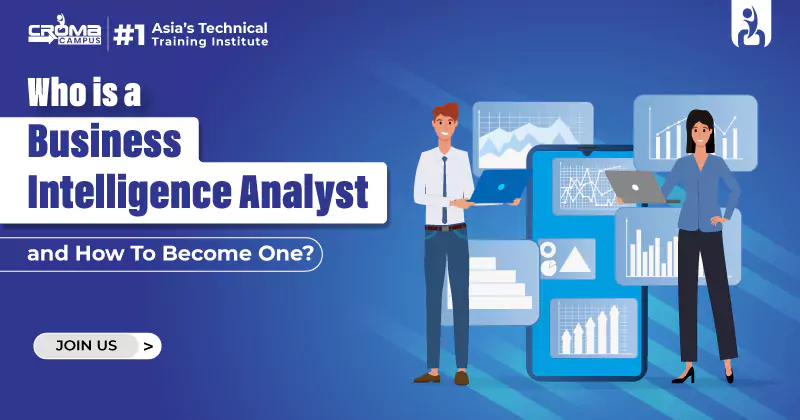
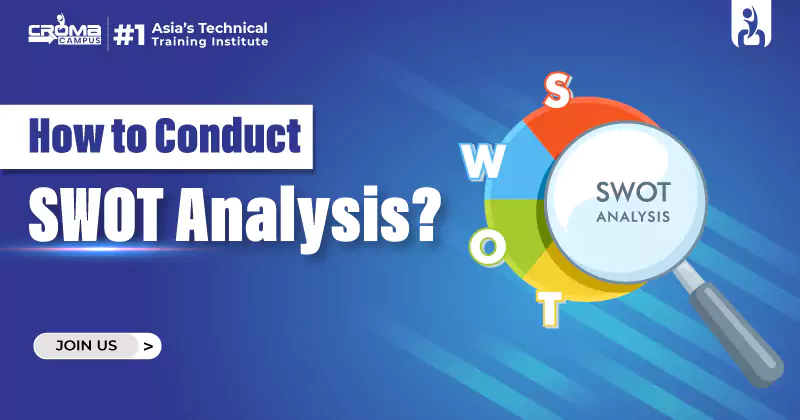
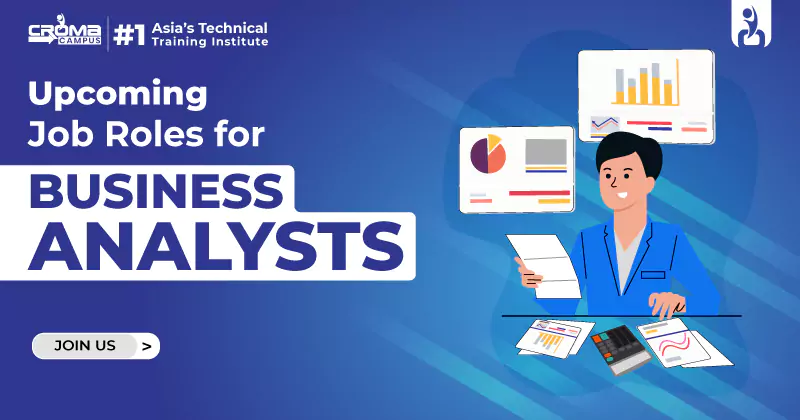


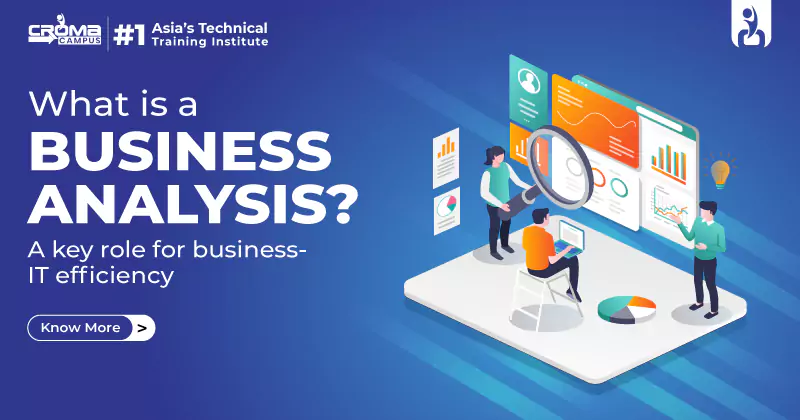
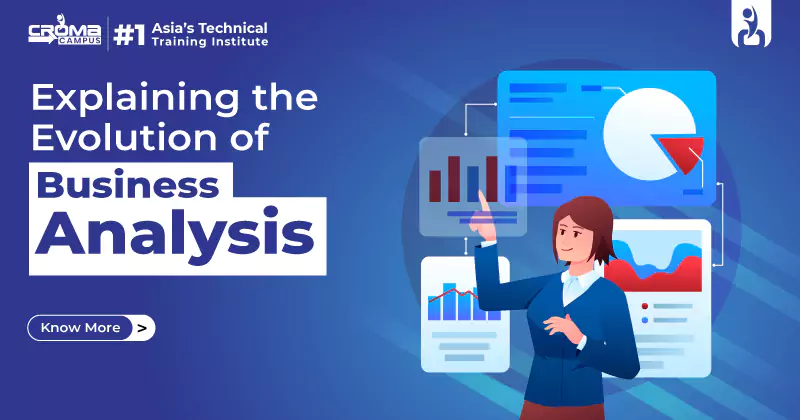


.jpg)











 Master in Cloud Computing Training
Master in Cloud Computing Training